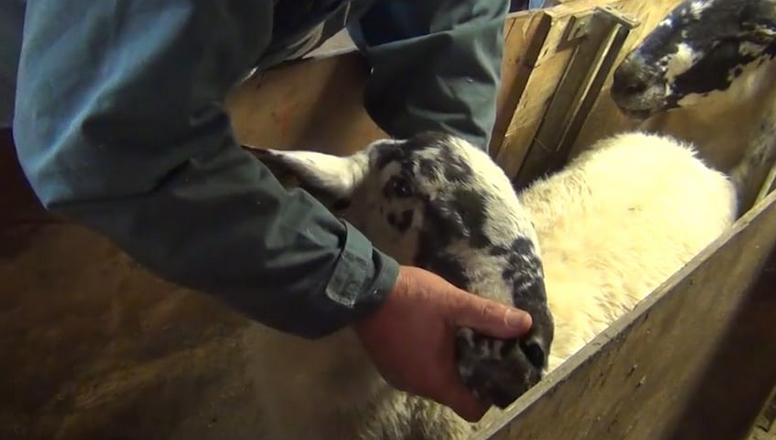How to reflect on a pedagogical activity
Issue
Educators, like many professionals, take action without taking the time to reflect back on the action. Difficulties encountered, but also successes are not questioned, or are subject to rapid interpretation without taking the time to really question what was played out in the action. The reflexive approach seems to promote the articulation between practice and training. Allowing reflection on the action is to allow one to become more professional, to find answers to one's difficulties.Objective
For the trainer: to highlight new knowledge that a pedagogical activity has allowed, to overcome difficulties of teaching.For the trainee: to be conscious about his/her own learning process during an active pedagogical approach.
Methods
Many methods are possible to allow reviews of a pedagogical practice, we will consider two situations: (1) with a group of educators you tested a situation-problem and you want feedback of the process itself; (2) an educator tested a pedagogical strategy in a professional context and would like to review it.1. Feedback on a situation-problem
In the first case, a group of educators deployed the same pedagogical strategy, a situation-problem. The trainer invites the trainees to take a time of self-reflection based on specific questions as:- 1. What did you learn with regards to the content of the situation-problem?
- 2. About the pedagogical process itself?
This first reflection step can be followed by a co-reflection per group of three to four persons. They compare their self-reflection thoughts. Usually this second step enables a deepening of self-reflection. Finally, each group can exchange together. The content of this exchange enables the trainer to institutionalize the main knowledge.

Reflexivity about a professional practice
The approach known as "professional practice group analysis" (PPGA) seems to us to be operative because it is easy to implement and allows each participant to be part of a learning process.
The practice analysis approach can be conceived as a driver of professional development, in line with Schön's work on the reflective practitioner who learns in and from practice. Professional skills in general and the acquisition of animal welfare related knowledge in particular, develops from a confrontation with real complex situations, the emergence of problems analysed with a view to the regulations, or a practice that is considered to be successful. Therefore, interactions between educators, sharing experiences, concerted experiments and exchange contribute to the development of professional skills. The same interactive perspective makes group discussion the core of adult education methodology: the argumentation developed between peers is the preferred method of group learning.
The practice analysis group implies an organization of the methods of communication and argumentation.
The methodology, although it is supposed to favour exchanges, is sometimes experienced as frustrating by the participants.
The PPGA facilitator ensures that the rules are respected as follows.
He or she sets out the principles of benevolence, non-judgement and confidentiality beforehand.
He or she leads the following steps:
1. Identify the problem
At the beginning of the session, each participant discusses a situation he or she is in.
The choice of the story to be analyzed that day is made by means of a vote by the participants in which the accompanying person does not vote.
Over the course of the year, we ensure that the various people can contribute a story.
2. The chosen story bearer presents the whole situation with details
3. Participants may ask questions for clarification
This phase is concluded by asking the bearer to formulate his or her question/concern.
4. Making assumptions about the situation, the problem.
Each of the participants takes a turn in delivering his or her non-judgmental point of view based on what they have heard about the situation or the problem. There is no possibility of an immediate reaction from the group. At this point, it is interesting to see if the way of posing the problem has shifted.
5. Propose courses of action
Each person suggests courses of action that could start with "if I were in your shoes...".
6. The person who presented the situation takes stock of the situation by giving his or her feelings, their point of view...
Pitfalls and recommendations
Participants in a practice analysis group must feel that they are part of the process. A passive stance or one that shows a real lack of interest is detrimental to the process. Participants may not be aware that they can learn from the analysis of an experience carried out by a colleague.
It is therefore also important at the end of a practice analysis group to question all participants about what they have learned.
Examples/testimonials
“Reflection about the tool is really important. It allows trainers and trainees to think about the entire procedure and its implications. In our case, students were really interested in discussing the “at-distance” rounds and some comments from the other the colleagues. There were many things they would have not even thought about if they had not had this type of approach, and even where they could not agree on certain opinions, they were inclined to accept them, and even mentioned that they had spent some time thinking about this different point of view. They classified the experience as very interesting.All students said that this was a really interesting way of thinking about this topic, and that they were enjoying it ("it is fun" one said, "to see that others think so differently and that I was actually engaged in different ideas, and thinking about them").”












